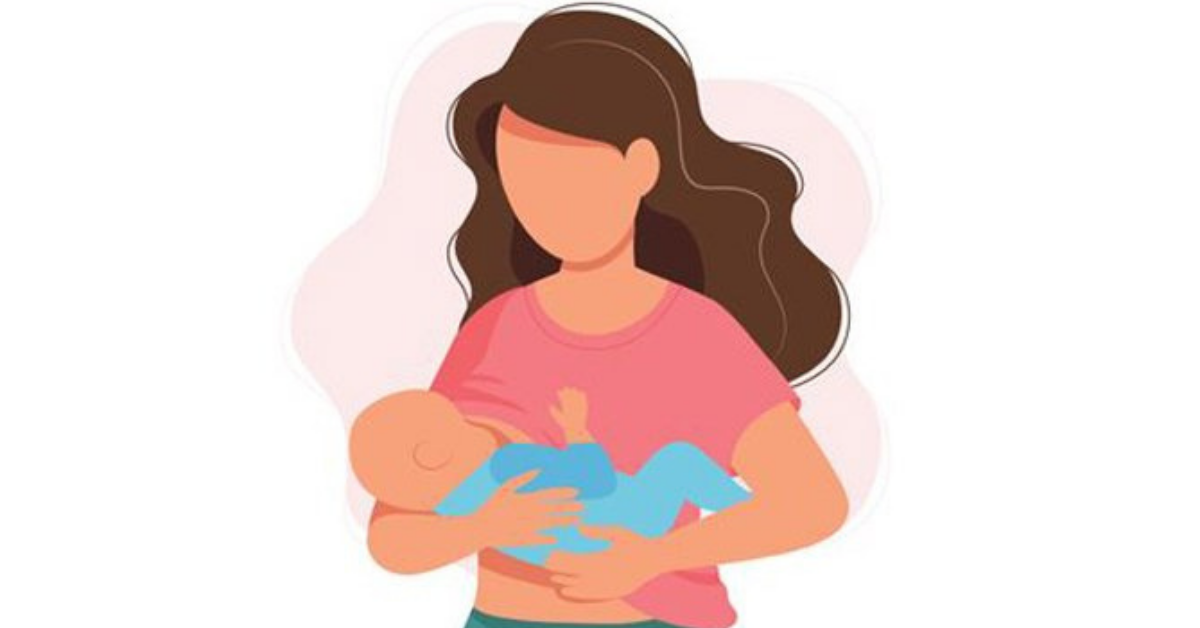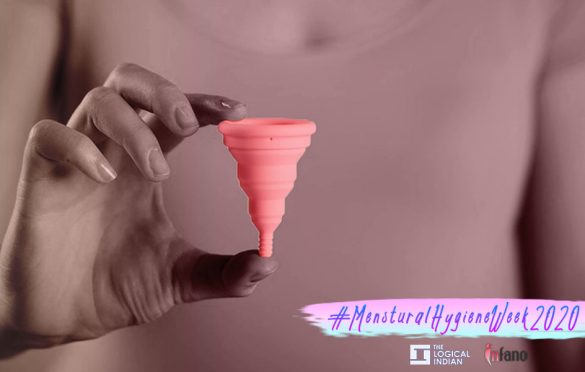Are you on the brink of motherhood?
Excited about your journey as a first-time mom and eager to find more breastfeeding tips?
Breastfeeding is a magical process, but it’s a general misconception that it is a natural and easy process.
In reality, the journey of a breastfeeding mother is hard with many challenges and more pain.
Here are some insights for new mothers to prepare for one of the most beautiful — yet challenging — experiences that you’ll encounter as a mother.
Don’t miss the first milk (Colostrum) to your baby
Colostrum is the first thick liquid that comes from your breasts, in the first few days of breastfeeding. Do you know how precious it is? It is packed with proteins, salts, antibodies, nutrients and is the ideal nourishment for a newborn which cannot be reproduced or substituted.
It’s the perfect first meal for a newborn, that is invaluable to your child’s health, immune system, and development. So, the first milk goes a long way in your baby’s tiny tummy.
Even if you can’t breastfeed or choose not to, try to give your baby the greatest gift of colostrum.
Breastfeeding is not always easy
Breastfeeding could be incredibly painful and a pretty difficult skill that both you and your little one will have to get perfect.
You may feel the need to feed your baby every two to three hours, (in the worse cases every 15 minutes), around the clock during the first few weeks. Your nipples might get sore and painful. Nipple creams or nipple shields can help soothe and protect them.
You might feel it difficult to understand the comfortable position to feed your baby. Sometimes, lying down might not work or it might be the only position that works for you. It changes as the baby grows and there is no one right or wrong way. It takes a lot of patience and persistence, especially considering post-partum body discomforts.
Try all the positions and choose the one that you and your baby are comfortable with.
You need to use Breast Pumps!
Many women have no idea about breast pumps. Some even wonder what that is and what is it used for. You might face a situation when you need to extract the milk and feed it to the child using a feeding syringe or a bottle. Here comes the need to use breast pumps, the tools used to extract the milk from breasts.
Breast pumps are recommended when your baby is not sucking properly or your baby is premature and needs special care in the hospital or sometimes, you may not be able to feed your baby due to some complications.
Pumping might seem daunting at first, but once you get the knack of it.it gets easier.
Hot showers, heat pads, and massagers will help you maximize your milk output.
Milk letdown
When you are breastfeeding, you may notice that milk is dripping or leaking from the other breast that your baby is not breastfeeding on. You may notice a tingling sensation in and around your breasts and a feeling of fullness.
It’s a reflex that occurs when the nerves in your breasts are stimulated, usually as a result of your baby sucking and it’s normal.
Do what works best for you and your baby
Everyone says their opinions. But what worked for one mom may not work for you.
Trust your instincts. Seek help from someone who knows about breastfeeding.
It is completely normal if you hate breastfeeding and feel the need to stop it and it’s okay to feed until your baby wants to stop.
You can’t eat everything
If you are a first-time mom, you might probably have already got the advice from your mothers or elders, that you need to avoid some foods while breastfeeding.
Wondered why?
What you eat can cross into your breastmilk. For instance, garlic and other spices can tinge the taste of your breastmilk.
Certain foods can even lower your milk supply if consumed in large portions and some foods can cause gas in babies.
But not all types of food reactions are proven. So, unless you notice some adverse reactions in the baby, you are free to eat all the veggies and fruits.
You could get Pregnant
Don’t believe the myth that you can’t get pregnant while breastfeeding.
More pumping or breastfeeding results in the release of more prolactin levels and the chances you will ovulate are less.
So, don’t think of breastfeeding as a reliable form of birth control because you can still get pregnant while breastfeeding!
Don’t hesitate to ask for help
Breastfeeding challenges are common in the first couple of weeks, and most of them resolve with time and a little guidance.
Talk to your family members if you are struggling with breastfeeding or have any concerns. Ask your friends about their experiences. Consult a lactation specialist or nurses if there is a need.
However difficult breastfeeding might be in the beginning, it can be so wonderful after that initial challenging period and more rewarding than you expect. All you need after the hard days is the health and happiness of your baby.





















There is so much misinformation in this post.